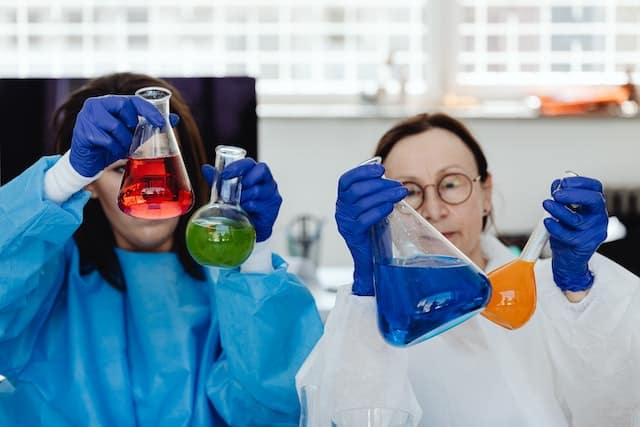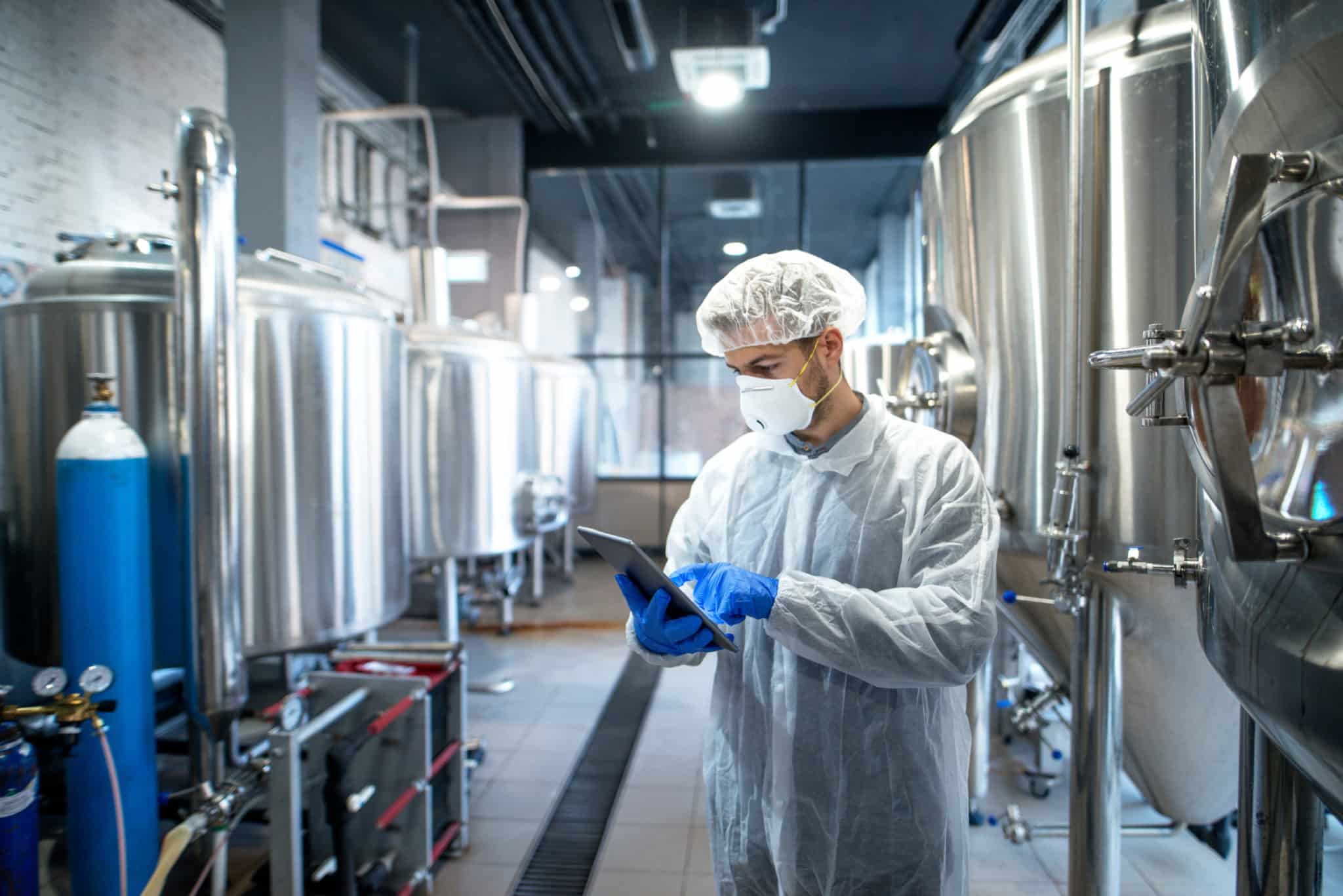Good Manufacturing Practice is a quality control system that gives guidelines and regulations on how any pharmaceutical product needs to be tested and supplied for the best use. GMP can also be applied to other consumable products like food, drug ingredients, related pharma products, devices, and diagnostics used in medicine.
Adhering to GMP ensures consistent quality control that meets all requirements. GMP regulations could be regulated depending on each country or region’s local laws and manufacturing regulations.
Principles of Good Manufacturing Practice
The basic principles around which GMP guidelines are built are:
- A high level of hygiene and cleanliness must be maintained throughout the entire manufacturing unit
- All processes must be defined and controlled with clear definitions and control measures
- Proper precautions must be taken to prevent adulterations and cross contaminants
- All operators and personnel should be qualified and trained for the job
- Goods Documentation Practices should be followed for all processes.
- Data relevant to all processes must be trackable at all times. The data history includes manufacturing steps, equipment validation details, distribution, serialization data, and more.
The fundamental aspects of manufacturing that GMP covers include:
- People – The regulations on staffing, roles and responsibilities, organizational hierarchy and communication chain, required qualifications, and training.
- Premises and equipment – The hygiene standards and equipment validation of the manufacturing facilities and equipment.
- Products and materials – Quality assessment procedures and measures for all the raw materials, finished products, intermediaries, and more. R&D, testing, sampling, and record-keeping should also be regulated.
- Processes – Regulations on how to document a process, the consistency of the process controls, the measures taken to maintain quality control, and continuous improvement.
- Procedures – Procedures deal with all the sub-tasks and individual steps needed to be carried out as part of the overall manufacturing process. GMP mandates that all procedures must be clearly defined and documented as well.
Getting a GMP certificate
A company that aspires to be GMP certified must undergo the audit process. To gain a GMP certificate, the company must follow a properly documented process which will be verified during the GMP auditing.
The auditing process checks for the basic quality requirements as put forth by GMP and cross-verifies for any inadequacies in the manufacturing processes. It can be conducted by both internal inspections and regulated agencies. Manufacturers are also supposed to verify the GMP credentials of their supplies and their overall distribution chain to ensure proper care during storage and transit until the product safely reaches the consumer.
GMP mandates followed by government agencies are often modeled based on the WHO GMP guidelines. Besides these, specific regions such as the EU have formulated their own GMP guidelines and requirements, which must be satisfied to conduct business in these regions. In the EEA, GMP inspections and certifications are handled by the European Medicines Agency. Besides the EMA, each country within the EU also has its own regulatory body that stipulates GMP guidelines that must be accounted for if a pharma company wants to conduct its operations in that country. But most of these regulations, too, are modeled on the guidance set forth by the EMA.
While the authority for GMP certifications lies with the corresponding government agencies, companies can also hire third-party agencies to help evaluate their GMP compliance. This helps them identify any mistakes early on before having to submit themselves to a government inspection.
Why is GMP important?

As medicinal products are highly safety-critical, it is important to address the quality issues and ensure adequate quality control is carried out across all stages of the manufacturing process. While each company may be inclined to follow its own practices and testing procedures, it can be counterproductive in cases of medicinal products. A standard quality framework is much more preferred as it applies industry-wide and can ensure consistent quality across all products and companies. It also makes it easier for government agencies to validate and certify a product’s quality credentials.
Here are some reasons why following Good Manufacturing Practice is important for any pharmaceutical manufacturing unit:
Mitigates risks
GMP ensures that the pharma products are of acceptable quality. It guarantees that they do not pose any risk to the public. It helps mitigate risks within product manufacturing, such as contamination, labeling, and dosage errors.
Assures quality
Good Manufacturing Practice regulations cover every manufacturing aspect, from facility management manufacturing processes to packaging and storage. This allows companies to establish comprehensive quality control with transparency and trackability.
Boosts business
Many countries worldwide have lawfully mandated that pharma products must carry GMP certification to carry out their business operations. GMP allows companies to adhere to the accepted global standard and use it to qualify themselves to dispense their services in various localities without facing any legal issues. It also boosts export opportunities for pharmaceutical products by making them acceptable to a global standard.
Builds credibility
GMP helps protect an organization’s goodwill and helps them build credibility for their brand. It covers all aspects of the pharma business, from the people involved to every process that is carried out.
Saves money
GMP saves money by allowing manufacturers to catch any possible errors early in the manufacturing process. Medical errors are highly safety-critical. They could cause heavy loss of money, and reputation and, worst cases, injuries to health and fatalities. Even simple labeling errors can cause complete product recall. Making use of GMP helps eliminate such avoidable errors and health hazards.
Get, set, go
Without GMP, it would be a huge challenge for governments and manufacturers to ascertain the safety and quality of a product and its manufacturing process. Thus, any individual or company that deals with pharma products is expected to be well-versed in GMP standards and regulations.
GMP is beneficial in multiple ways. It not only ensures safety for the end consumer but also helps the manufacturer improve their existing processes and employ qualified personnel to their job requirements. Understanding GMP can also thus also provide an edge for health professionals looking to advance their careers. You can enroll yourself in an online GMP course by clicking here. The course has been developed by Dr. Ciaran McEnister, a senior pharmaceutical executive with 25+ years of experience in Medical Device Development, Translational Research, Pharmaceutical development, Pharmacologic/Toxicologic and Preclinical research and Regulatory compliance of small and large molecule drug candidates. This 10-hour training course provides you with a certificate of completion and CEU/CPD accreditation.





